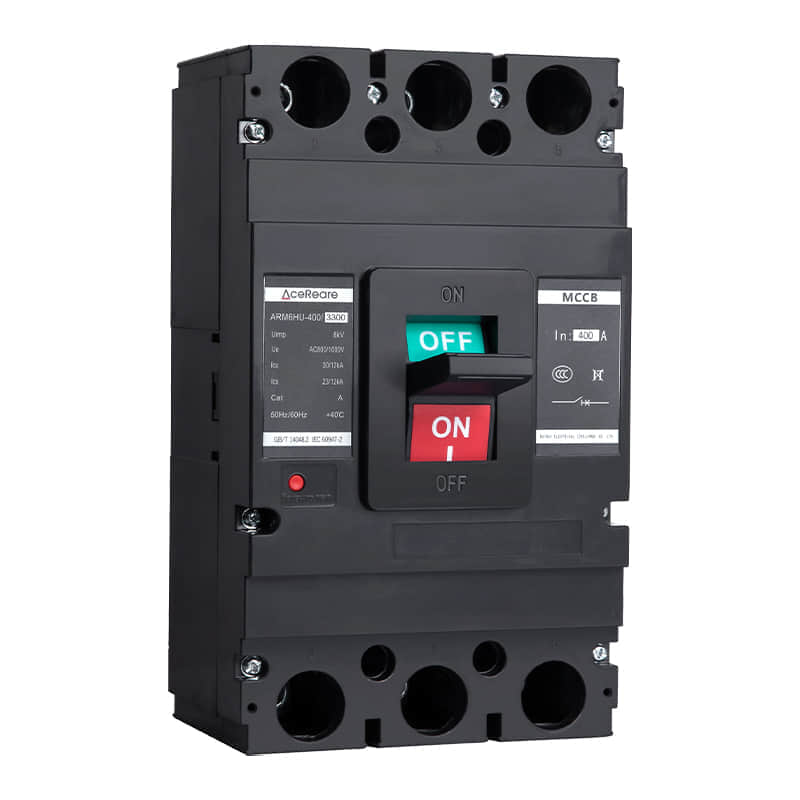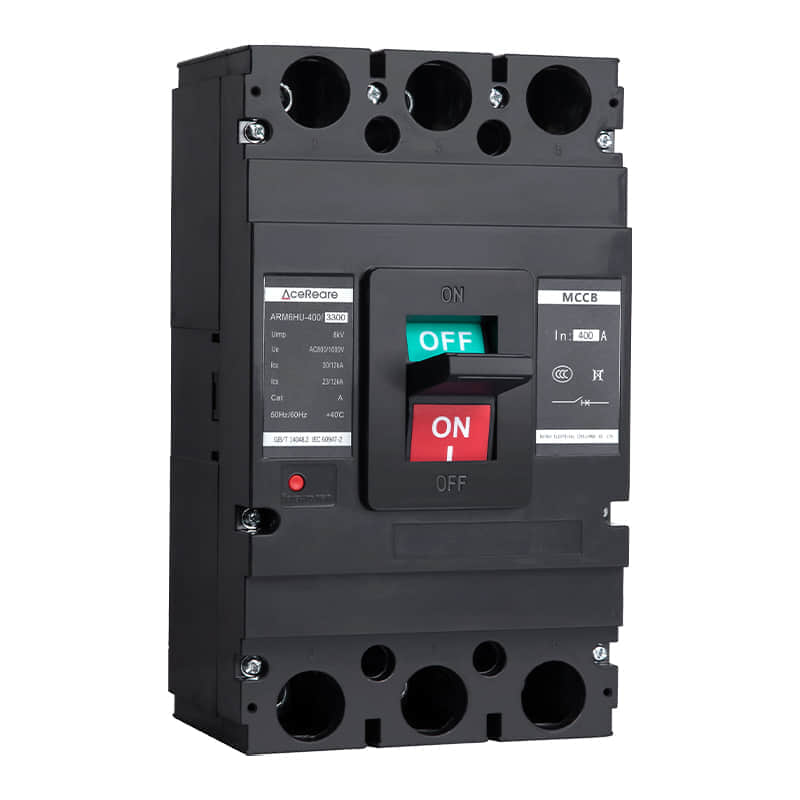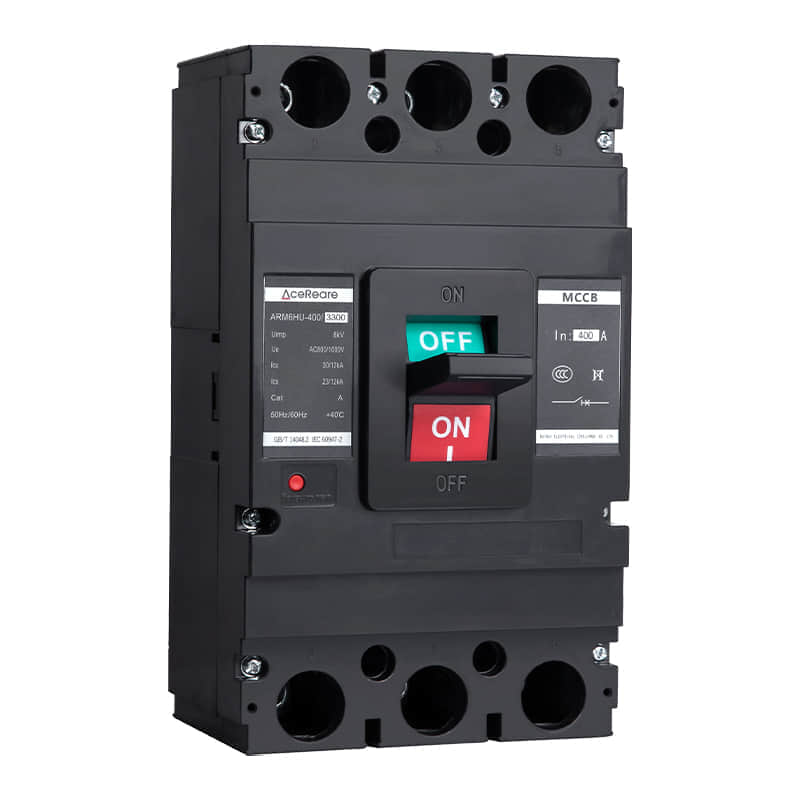In industrial and commercial electrical systems, ensuring the protection of electrical circuits is paramount. One crucial component in safeguarding these systems is the Molded Case Circuit Breaker (MCCB). Among the various types of MCCBs available, the 690VAC MCCB stands out due to its high voltage rating and robust performance characteristics. This article explores the significance, functionality, and applications of the 690VAC MCCB, offering a comprehensive understanding of this essential electrical device.

What is a 690VAC MCCB?

A 690VAC MCCB is a type of circuit breaker designed to handle high-voltage applications, specifically up to 690 volts of alternating current (VAC). MCCBs are designed to automatically disconnect an electrical circuit when it detects conditions such as overcurrent, short circuits, or other electrical faults. This disconnection prevents damage to equipment, reduces fire hazards, and ensures the safety of personnel. Key Features and Advantages High Voltage Capability: The primary advantage of a 690VAC MCCB is its ability to operate safely and reliably in high-voltage environments. This makes it suitable for use in industrial settings where voltages can be significantly higher than those found in residential or commercial applications.
